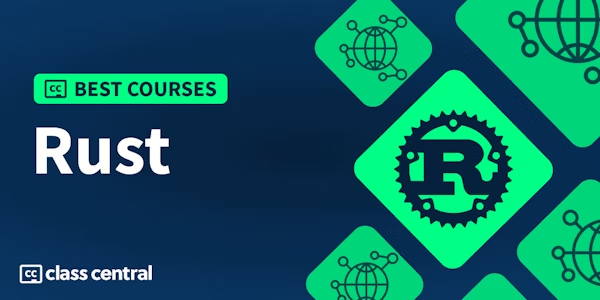Learn how to apply Machine Learning Operations (MLOps) to solve real-world problems. The course covers end-to-end solutions with Artificial Intelligence (AI) pair programming using technologies like GitHub Copilot to build solutions for machine learning (ML) and AI applications. This course is for people working (or seeking to work) as data scientists, software engineers or developers, data analysts, or other roles that use ML.
By the end of the course, you will be able to use web frameworks (e.g., Gradio and Hugging Face) for ML solutions, build a command-line tool using the Click framework, and leverage Rust for GPU-accelerated ML tasks.
Week 1: Explore MLOps technologies and pre-trained models to solve problems for customers.
Week 2: Apply ML and AI in practice through optimization, heuristics, and simulations.
Week 3: Develop operations pipelines, including DevOps, DataOps, and MLOps, with Github.
Week 4: Build containers for ML and package solutions in a uniformed manner to enable deployment in Cloud systems that accept containers.
Week 5: Switch from Python to Rust to build solutions for Kubernetes, Docker, Serverless, Data Engineering, Data Science, and MLOps.
Overview
Syllabus
- Introduction to MLOps
- In this module, you will learn how to apply foundational skills in MLOps to build machine learning solutions and apply it by building microservices in Python.
- Essential Math and Data Science
- In this module, you will learn how to apply essential skills in math and data science for MLOps and apply it by building simulations.
- Operations Pipelines: DevOps, DataOps, MLOps
- In this module, you will learn how to build operations pipelines and then apply these skills by building solutions for pre-trained Hugging Face models.
- End to End MLOps and AIOps
- In this module, you will learn how to build end to end MLOps and AIOps solutions and apply it by building solutions with pre-trained models from OpenAI while benefiting from using AI Pair Programming tools like GitHub Copilot.
- Rust for MLOps: The Practical Transition from Python to Rust
- In this module, you will learn how to switch from Python to Rust, a powerful and efficient systems programming language. This module will cover various practical applications of Rust, such as CLI, Web, and MLOps solutions, as well as cloud computing solutions for AWS, GCP, and Azure. You'll also learn how to build Rust solutions for Kubernetes, Docker, Serverless, Data Engineering, Data Science, and Machine Learning Operations (MLOps). By the end of this module, you will have a strong understanding of Rust's key syntax and features, and be able to leverage Rust for GPU-accelerated machine learning tasks.
Taught by
Noah Gift and Alfredo Deza




